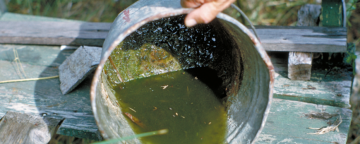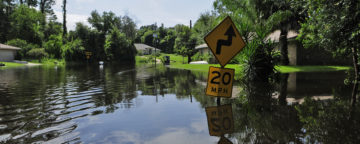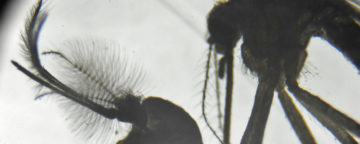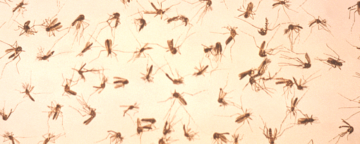In the survey of U.S. adults, 63% of respondents agree that the president should be able to use a public health emergency fund to respond to an epidemic without waiting for Congress.


In the survey of U.S. adults, 63% of respondents agree that the president should be able to use a public health emergency fund to respond to an epidemic without waiting for Congress.

Just 1 in 5 people say that they have taken steps in the past three months to protect themselves from getting Zika virus, according to a new survey from the Annenberg Public Policy Center.

APPC researchers, postdoctoral fellows and scholars presented papers at the 71st annual conference of the American Association for Public Opinion Research, in Austin, Texas.

A majority of people in the U.S. said that they would be likely to get a vaccine to protect them against Zika virus if it were available, according to the latest APPC survey, No vaccine exists yet.

Only 1 in 3 Americans says that protecting against mosquito bites is a step that scientists think people can take to avoid the negative health effects of Zika virus, an Annenberg Public Policy Center survey found.

For the third consecutive year, FactCheck.org has been awarded the Webby for best Political Blog/Website, and received the People's Voice Webby, as voted by the public, in the same category

A majority of Americans say that pregnant women or infants born to women who had Zika during pregnancy are the ones scientists think are most likely to suffer severe health effects from Zika virus.

Visiting scholar Dan Kahan spoke in Vermont and Connecticut about his research in science communication. His research disentangles what people know about science from what they believe on issues like climate change.

Most Americans know that the Zika virus is transmitted by a mosquito but many don’t know which mosquitoes transmit it, which ones bite, and what regions they inhabit, according to a new survey on Zika.

A little more than half of U.S. adults (53 percent) favor having scientists release genetically modified mosquitoes to minimize the spread of the Zika virus, according to a new survey by the Annenberg Public Policy Center.